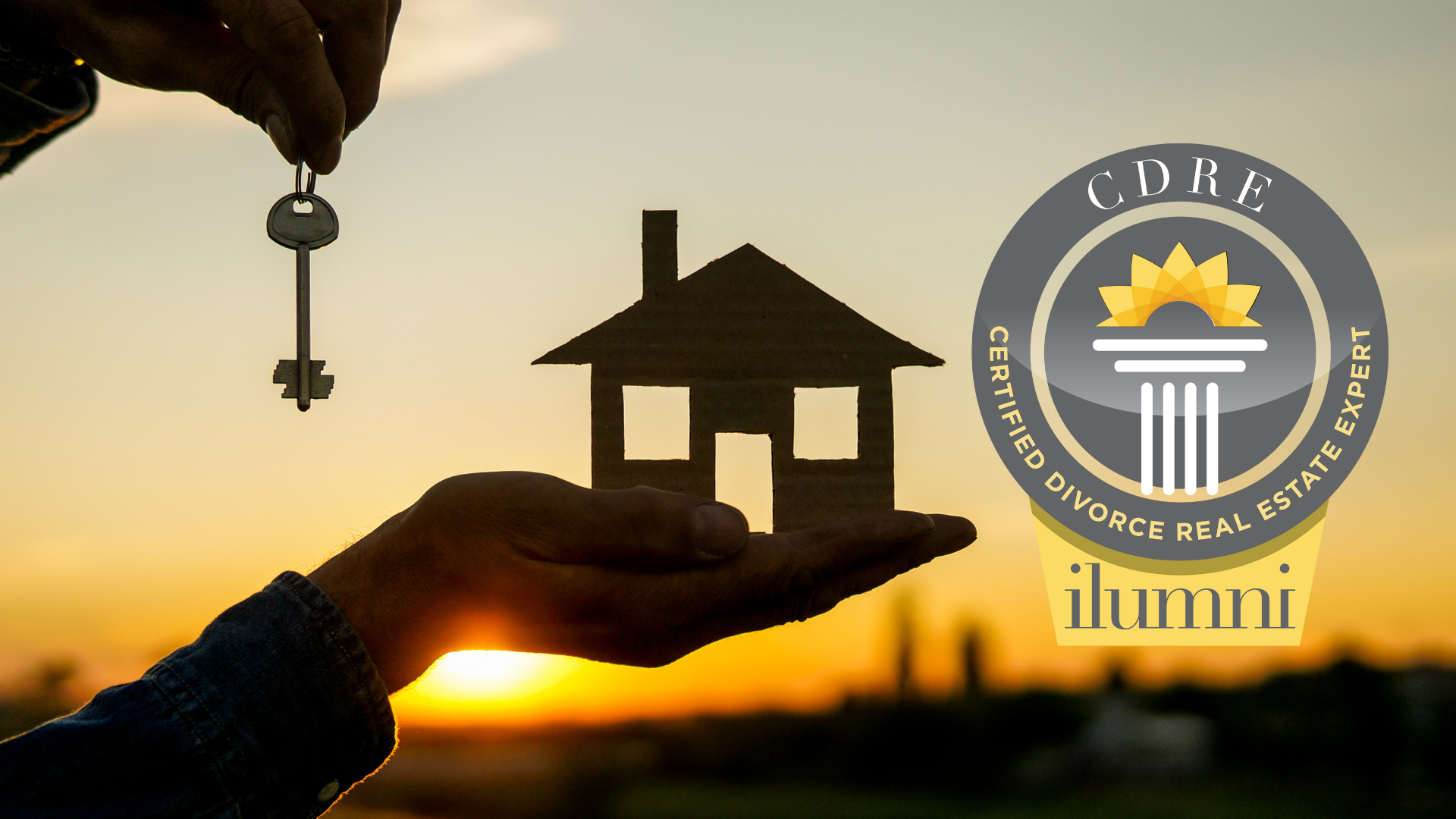You don’t have to have a hotelier’s license in order to list your place on Airbnb. That has turned many everyday renters and homeowners with a spare room into landlords for the first time. However, before you start letting strangers rent a room in your house, make sure that your property is protected. Follow these 3 insurance tips.
1. Get the Right Type of Insurance
Are you relying on your homeowner’s policy to cover any incidents that happen in your home rental? Big mistake! Did you know that you could lose everything, including your house, if a guest is injured on your property?
If you are renting an apartment and then leasing out a room to guests and they start a fire while they’re there, if you don’t have the proper insurance, you will be on the hook for the damages.
You could purchase a million dollar policy from Airbnb or other insurers like it that specialize in private rentals. Buying personal liability insurance does not mean that you are covered for a guest’s injuries, however.
In fact, most homeowner’s and renter’s policies will exclude coverage for a personal premise being used for business purposes. You have to have either commercial or business liability insurance. Otherwise, your claim could be denied and you could end up being billed for thousands of dollars, and if you can’t afford it, you may be sued.
2. Get Close to Your Agent
When the worst happens and a guest causes damages that you will have to cover, the worst thing that you can do is leave your insurance agent in the dark. Your relationship with your agent should begin openly and honestly when you first start your policy.
Don’t keep the fact that you’re listing on Airbnb a secret from your agent. They can’t give you the best advice for the coverage you’ll need if you keep your Airbnb listing hidden from them until something bad happens.
If there’s a fire, you need to know what happens to you financially. Get familiar with your agent and rely on them to help you through the process, from selecting a policy, to filing a claim. Remember, they are there to help you.
3. Inform Your Guests of Coverage
Because so many private citizens without a license are listing on Airbnb, rules and regulations are still being crafted from state to state and city to city governing how much or what type of coverage you have to have and how you have to disclose it.
To be safe, be upfront with your guests and let them know what is covered and make them sign an acknowledgment letter or a waiver alleviating you of liability for damages caused by your tenant.
Keep in mind, however, that your landlord (if you don’t own the property) or bank is going to come after you for money for the damages. Your insurer then has to go after your guests to recoup your losses.
Basically, get the right information before you get into the landlord business.


